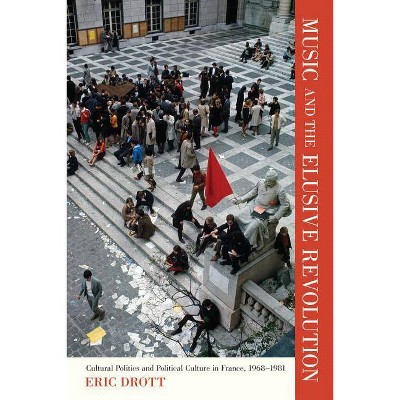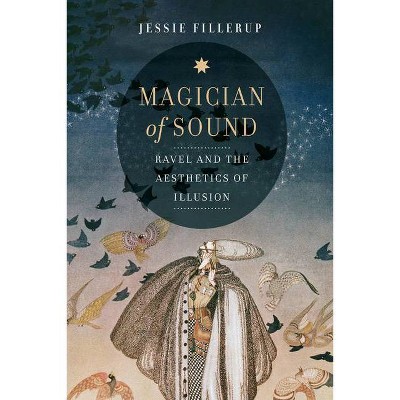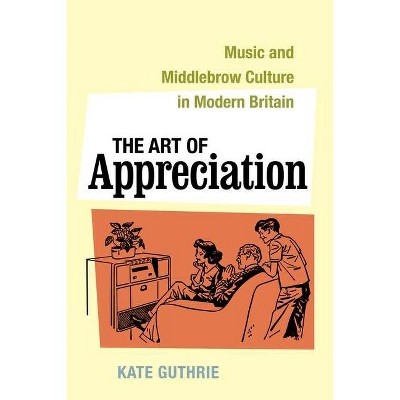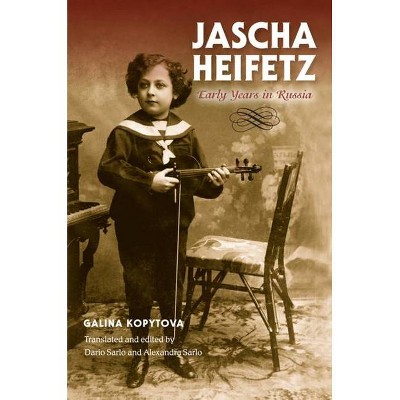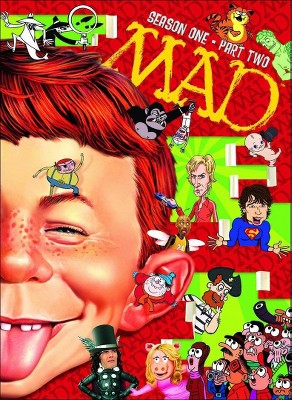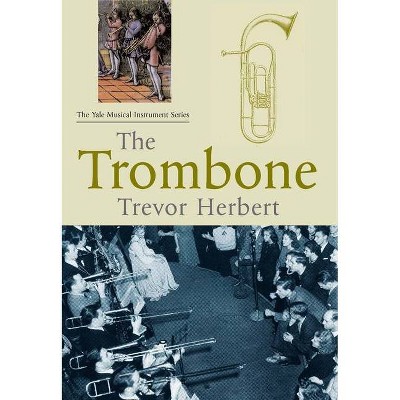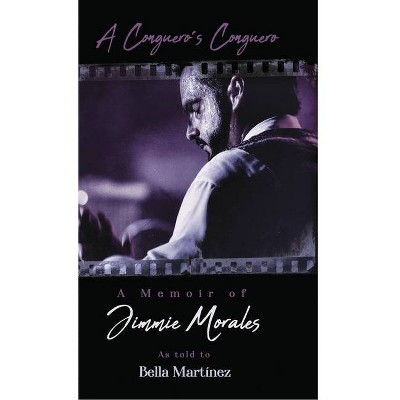Zoltan Kodaly's World of Music, 27 - (California Studies in 20th-Century Music) by Anna Dalos (Hardcover)
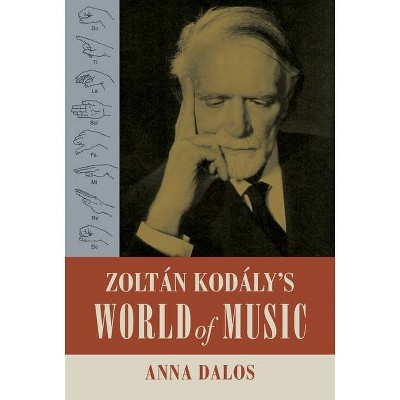
Similar Products
Products of same category from the store
Product info
<p/><br></br><p><b> About the Book </b></p></br></br>"Hungarian composer and musician Zoltâan Kodâaly (1882-1967) is best known for his pedagogical system, the Kodâaly method, which has been influential in the development of music education around the world. For the first time, author Anna Dalos considers Kodâaly's career beyond the classroom and provides a comprehensive assessment of his works as a composer. In addition to the inspiration of Hungarian folk music, which is commonly ascribed to Kodâaly's composition, this volume presents his most important musical experiences, including the impact of Brahms, Wagner, Debussy, Palestrina, and Bach. Dalos highlights other decisive, extramusical impulses, such as World War I's bitter experience, Kodâaly's reception of classical antiquity, and even Kodâaly's interpretation of the male and female roles in his music. Dalos's impressive knowledge of the twentieth-century composer provides a timely and much-needed English-language treatment of Kodâaly"--<p/><br></br><p><b> Book Synopsis </b></p></br></br>Hungarian composer and musician Zoltán Kodály (1882-1967) is best known for his pedagogical system, the Kodály Method, which has been influential in the development of music education around the world. Author Anna Dalos considers, for the first time in publication, Kodály's career beyond the classroom and provides a comprehensive assessment of his works as a composer. A noted collector of Hungarian folk music, Kodály adapted the traditional heritage musics in his own compositions, greatly influencing the work of his contemporary, Béla Bartók. Highlighting Kodály's major music experiences, Dalos shows how his musical works were also inspired by Brahms, Wagner, Debussy, Palestrina, and Bach. Set against the backdrop of various oppressive regimes of twentieth-century Europe, this study of Kodály's career also explores decisive, extramusical impulses, such as his bitter experiences of World War I, Kodály's reception of classical antiquity, and his interpretation of the male and female roles in his music. Written by the leading Kodály expert, this impressive work of historical and musical insight provides a timely and much-needed English-language treatment of the twentieth-century composer.<p/><br></br><p><b> From the Back Cover </b></p></br></br>"Contains a wealth of new information and brings a fresh perspective to the subject."--Peter Laki, editor of <i>Bartók and His World</i> <p/> "Provides a critically sophisticated treatment of the Hungarian composer, musical ethnologist, and pedagogue Zoltán Kodály. Kodály emerges as more surprising, more flawed, more human, and more impressive than his besainted reputation in his native Hungary and his relative scholarly neglect elsewhere has allowed until now."--David E. Schneider, author of <i>Bartók, Hungary, and the Renewal of Tradition</i><p/><br></br><p><b> About the Author </b></p></br></br><b>Anna Dalos</b> is a musicologist and Head of the Archives for 20th- and 21st-Century Hungarian Music at the Institute for Musicology of the Research Centre for the Humanities, Budapest. She is the author of two monographs on Zoltán Kodály and is a leading scholar on his work. <br>
Price History
Price Archive shows prices from various stores, lets you see history and find the cheapest. There is no actual sale on the website. For all support, inquiry and suggestion messagescommunication@pricearchive.us


